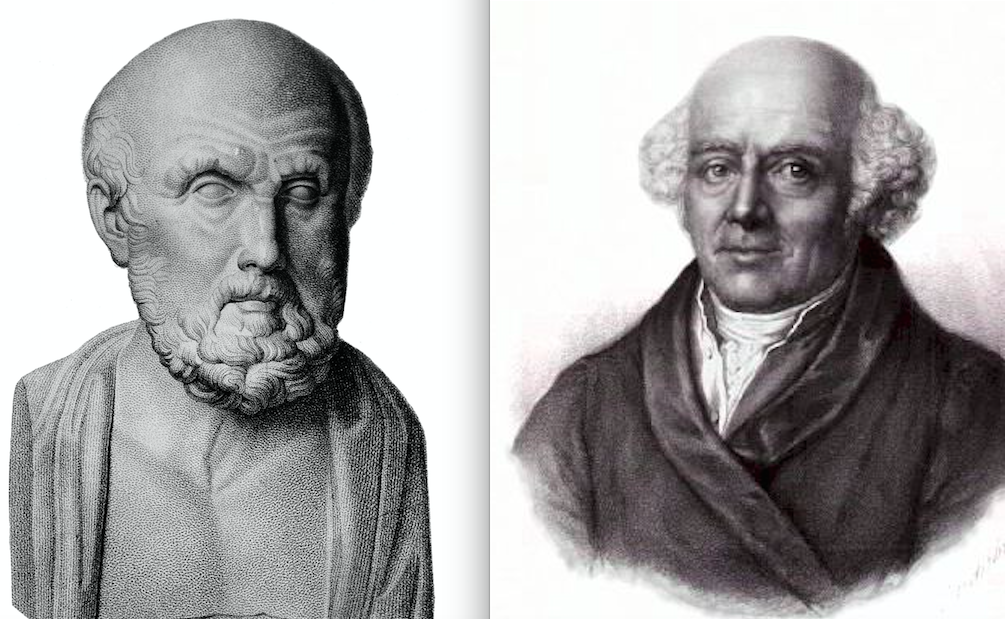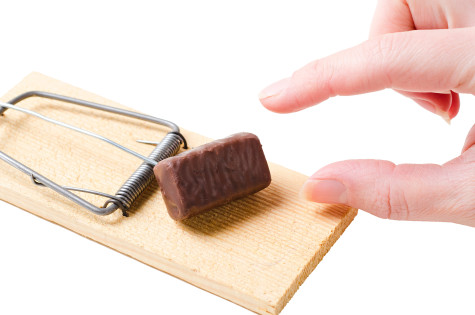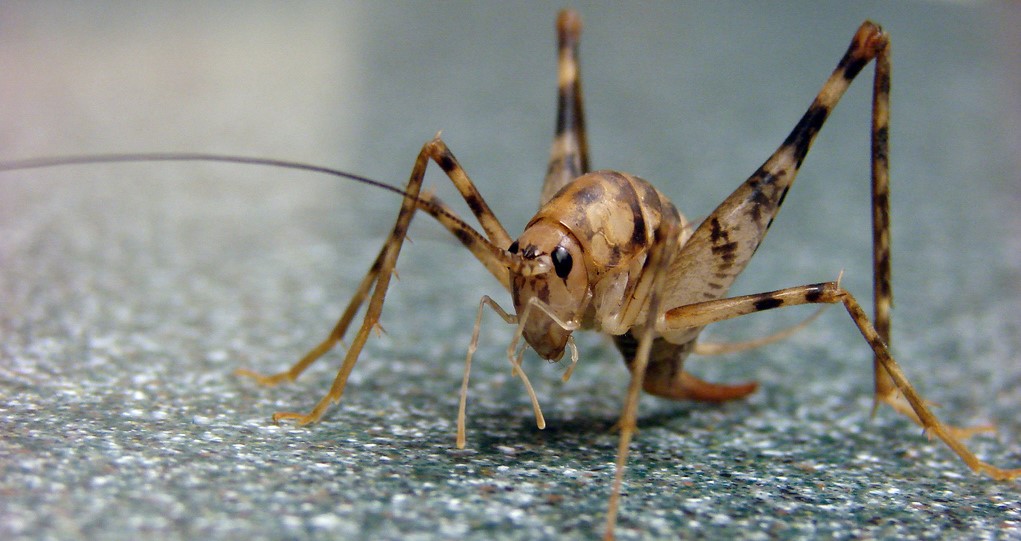 HELEN: I like bugs. I started a Ph.D. in ants (and quit, but still think ants are awesome). I have blogged in this space about butterflies. I think the coming of the 17-year-cicadas is one of the most exciting things that happens in the world. My record is quite clear on this: me and bugs, we have no dispute. But I make an exception for camel crickets. They are horrible. Just horrible.
HELEN: I like bugs. I started a Ph.D. in ants (and quit, but still think ants are awesome). I have blogged in this space about butterflies. I think the coming of the 17-year-cicadas is one of the most exciting things that happens in the world. My record is quite clear on this: me and bugs, we have no dispute. But I make an exception for camel crickets. They are horrible. Just horrible.
ANN: They’re horrible. They’re poop-brown, have way too many legs, and they jump exactly whatever height you are. They jump on your body, you make involuntary noises. They were in my basement, hordes of them. I used to love finding them dead in the bucket of plant fertilizer or drowned in the basement toilet. Wikipedia says they live in damp, dark places and in Japan they’re called toilet crickets. In Baltimore, we call them sprickets. Do they call them that in DC too?
HELEN: I haven’t heard them called sprickets down here in DC, but it’s possible that I just haven’t had enough conversations about them. Which is why I’m so glad we’re doing this.
CASSIE: I never saw a spricket or heard of a spricket until I moved to Baltimore. I rented this awesome apartment on St. Paul Street. The first time I went into the basement to do laundry, there they were. I hated them immediately, but it was months before I realized that they are a real thing with a name that exists places other than my basement. A real species.
It’s their stupid leaping that gets to me. Footsteps make them explode into the air like leggy popcorn kernels in a too-hot pan. But often as not, they would crash into me, not leap away from me. WTF, evolution. Go home. You’re drunk. This might not sound like such a grievous offense, but try walking into a dimly lit cement room where insects are ricocheting off every surface, including your body. It’s the stuff of goddamn nightmares. Continue reading

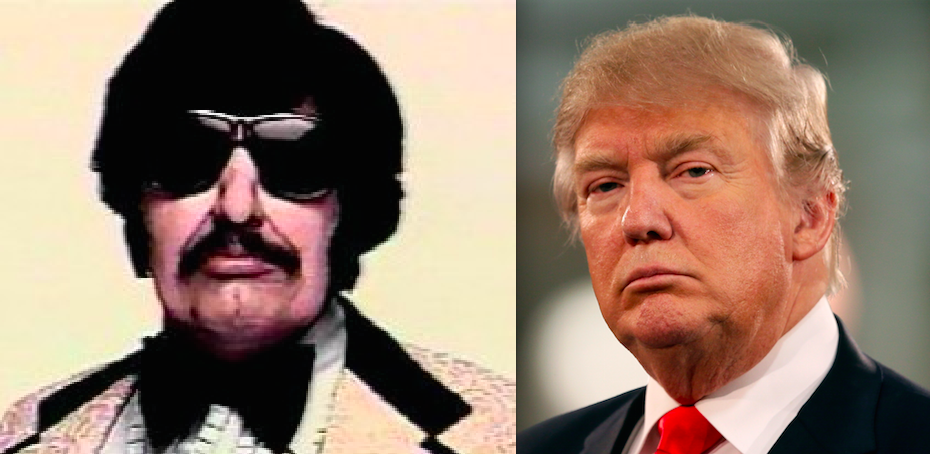
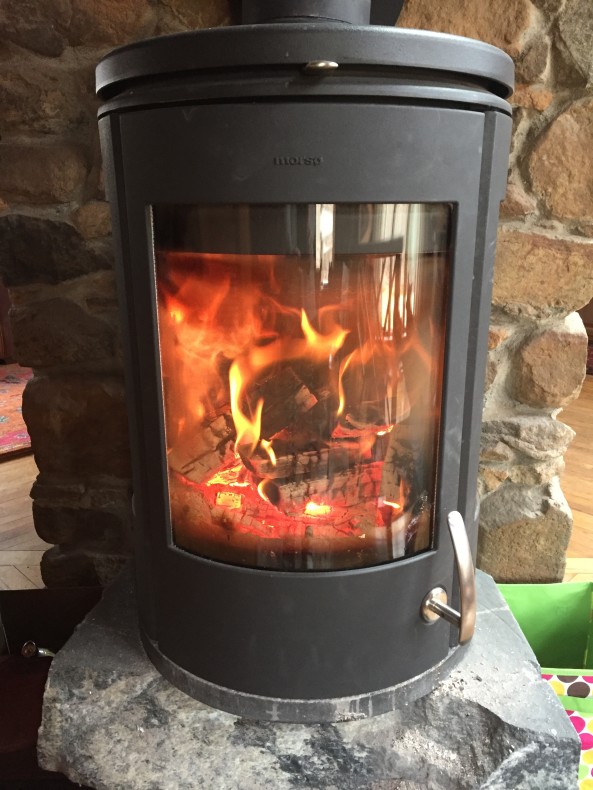 March showed up last week, on little cat feet rather than lion paws. A gentle snow jacketed the crocuses before watering their roots. The least patient daffodils opened, heads dipped against any last-ditch icy gusts. Spring’s legs are wobbly, but she’ll find her stride soon enough.
March showed up last week, on little cat feet rather than lion paws. A gentle snow jacketed the crocuses before watering their roots. The least patient daffodils opened, heads dipped against any last-ditch icy gusts. Spring’s legs are wobbly, but she’ll find her stride soon enough.